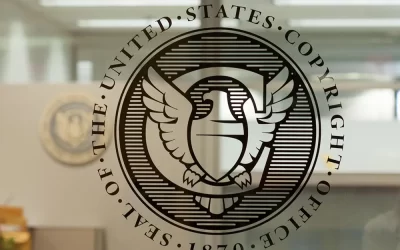It should come as no surprise to anyone reading this that misconduct is as prevalent in scholarly publishing today as it has ever been. There are whole websites and blogs dedicated to finding wrongdoing in this industry. When you are the scholarly publisher, how do you proceed when potential wrongdoing is first brought to your attention?
The first step in general is to establish clear ethical guidelines specific to your field. For scholarly publishing, these guidelines should include explicit expectations of the editors, authors, and reviewers. Be as thorough and specific as possible. Then make sure this information is easily accessible (include links on your website, submission site, emails, etc.). This is for the convenience of those involved in potential cases of misconduct as well as for your own benefit since it gives you a place to direct people when they claim they did not know they were in violation.
Even after taking these precautions to define and provide ethical guidelines, there will still inevitably be misconduct concerns. Most of this communication tends to take place through email. When you receive a concerned email, be sure to respond within 24 hours, acknowledging that the concern has been received and is being investigated. Be sure to use proper email etiquette in all correspondence with all involved parties. For guidelines on proper e-mail etiquette, see Lindsey Watson’s blog from February 2017.
After you’ve acknowledged the email, you must begin investigating the situation to see what, if any, improper actions have been taken. An important tool that can be utilized is the ample amount of guidance provided by the Committee on Publication Ethics (COPE). Specifically, COPE has open access flowcharts for the most common ethical situations that tend to arise (https://publicationethics.org/resources/flowcharts). These provide concrete examples of next steps when you are unsure of how to proceed.
When contacting authors about any misconduct concern that has been raised with their manuscript, be sure to first get permission from the concerned party (whether it be a reviewer, editor, or coauthor) to share their identity and verbatim claims with the authors. If they do not want their name or original email to be shared, ask them to provide a statement that they are comfortable with you anonymously sharing with the authors. This step removes the possibility of you, as the middle person, improperly translating what point the concerned party is trying to make with the authors.
Ideally the authors will respond to your request for more information and the necessary actions can be taken to either resolve the problem or alert the concerned party that there was no misconduct. Regardless of the outcome, don’t forget to thank the person who initially drew attention to the situation and let them know that the situation has been resolved.




